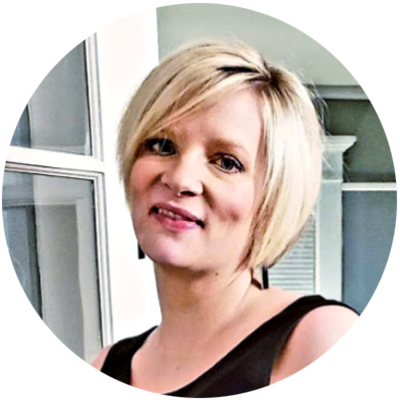Pastors, we need to talk about mental health.
The shame and stigma must end.
If you think I’m talking about the mental health of your congregants, I’m not. I’m talking about you.
I’ll go first.
Six years ago, I found myself sobbing in my doctor’s office saying, “I need help.” I had been through an extremely difficult season in ministry. Conversations were confusing and uninteresting. Too much noise made me cover my ears and look for a way to escape the crowd. My brain was so foggy I couldn’t even follow a simple recipe. I was crumbling from the inside out.
By the time I found my way to my doctor’s office, I was in rough shape. My doctor asked me how long this had been going on. I tried to think back to a time when I felt better, happier, and more energetic. I knew the last several months had been tough, but I also knew that was not the beginning of the downward spiral. “Fifteen years,” I told him.
He looked at me kindly, and said, “Fifteen years? Vicki, let’s get you better and then we’re going to talk about why you waited so long.” He prescribed medication and told me to come back in six weeks.
Six weeks later, I felt like a brand new woman walking into his office for my follow-up visit. As promised, he asked me why it had taken so long to get help.
I’ve had a lot of time to think about that question over the years. I’ve come up with a few reasons why I was hesitant to get help. Maybe you can relate to these as well.
I was afraid of the stigma. Taking medication somehow made my depression official. I was wrestling with shame and embarrassment, as if I was somehow failing at life. Everywhere I looked, other people seemed to be breezing through life. I felt like I was the only one struggling.
I didn’t understand that “mental health” is actually better described as “brain health.” I thought having a mental health diagnosis meant something was wrong with my spiritual walk and my ability to cope with stress. I didn’t know brain health is just as worthy of our attention as cardiovascular health or that our brains sometimes require medical attention, just like any other part of us.
I thought it was my fault. I kept telling myself if I would just do a better job of staying away from sugar or exercising more frequently, then this would all be under control. Therefore, my depression was actually my fault because I couldn’t live the life of discipline I knew I needed.
It was a slow fade. I had been in a steady decline for a long time. My depression came on so gradually I adapted to it without realizing it. It wasn’t until I started feeling better that I realized how low I had actually gotten.
Six years later, I still take my medication every night. I can’t believe I didn’t get help sooner. I missed out on so many things because my brain wasn’t healthy enough for me to fully participate in life. Now that I understand that, I am more committed than ever to erase the stigma surrounding mental health.
Mental health doesn’t need to be a shameful secret we hide from others. In fact, I have found great freedom as I’ve told my story more publicly.
As I’ve been honest with my own health, I have discovered many people are dealing with shame regarding their brain health, and often they feel alone in their diagnosis. My fellow pastors, let’s lead the way in erasing the stigma by talking freely about mental health.
If you are questioning your own brain health, I beg you to see a doctor. Your family, your congregation, and your community need you to be healthy in every way.
About the Author

The views expressed on this site or in this media are those of the speaker(s), author(s), or contributor(s), and do not necessarily represent the views of Vineyard USA or any of its Regions, Ministries or Initiatives. For more information, see the
Vineyard USA disclaimer here.





